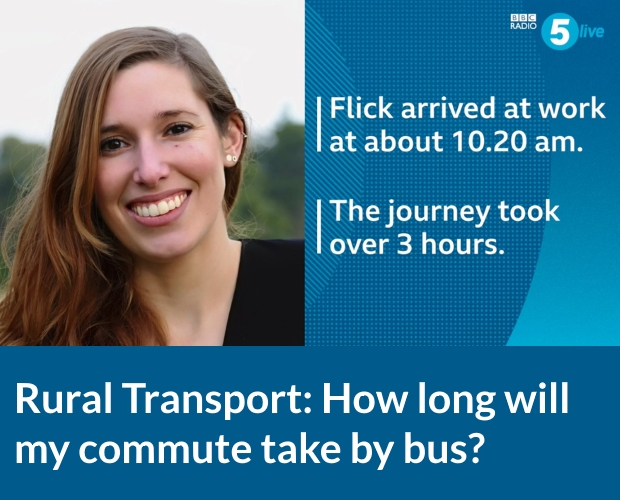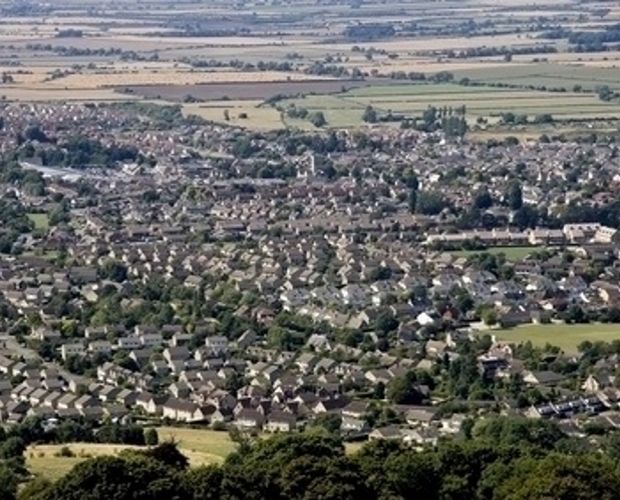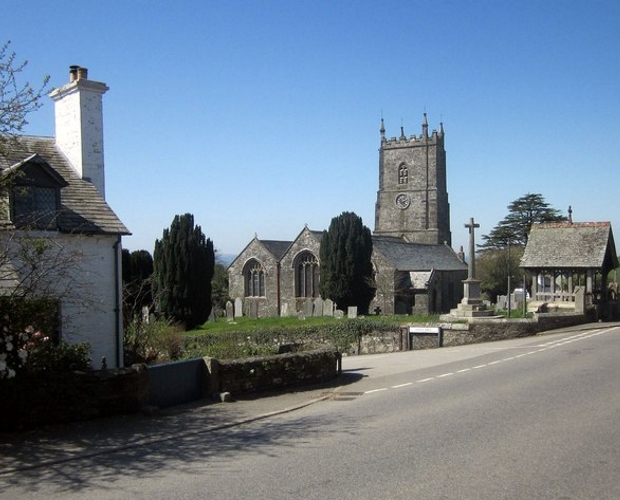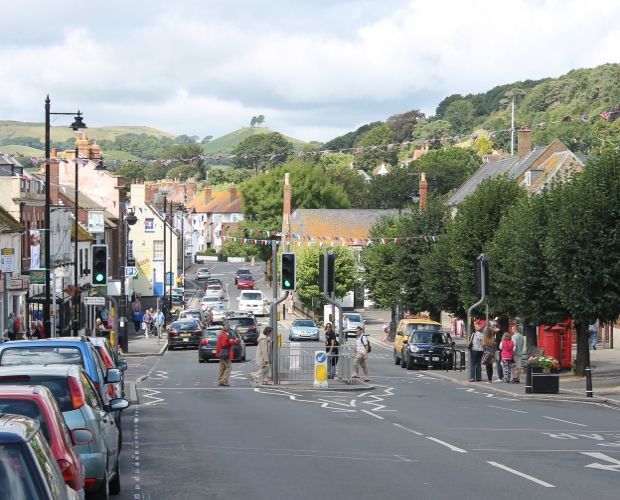T: 01822 851370 E: [email protected]
Visit RSN Survey about life in rural England to find out more.
Along with Felicity Humphrey, the Public Affairs Manager from Acre, Action with Communities in Rural England, our Chief Executive Graham Biggs appeared on the BBC Radio 5 Lunchtime show on 1st April. Felicity focused on rural transport and discussed...
Derbyshire County Council leader Barry Lewis has argued for a fairer funding settlement for rural areas in the Local Government Chronicle this week. He cites analysis by the Rural Services Network that shows that the current funding regime awards rural...
Northern Powerhouse Minister Jake Berry reminded attendees at the Great Northern Conference in Leeds that plans for a Northern Powerhouse must not leave behind towns and rural areas, according to the Yorkshire Post. He warned of the risk of replicating...
Rural churches are no longer obliged to hold a weekly Sunday service, according to a report in the Daily Mail. The Church of England voted to change canon law during a meeting last week. The change was proposed by the...
The Daily Mail’s This is Money website reports that BT has vetoed efforts to improve mobile coverage in rural areas because its rivals would benefit more from the arrangement. EE, Vodafone, O2 and Three were discussing ways to share infrastructure...
97% of councils plan to increase rates this year, but it won’t be enough reports lovemoney.com Households will soon see their Council Tax bills rise. Despite this, half of all councils plan to cut back on services and say they'll...
The Local Government Association (LGA) has warned that councils in England are facing an £8 billion funding gap by 2025. Metro reported that, according to the LGA, by 2020 councils will have lost 60p out of every £1 that was...
RSN response to Provisional Local Government Finance Settlement The Rural Services Network has long campaigned for fairer funding for rural areas and it today welcomed the additional £16million allocation to the Rural Services Delivery Grant by the Government in the Provisional...
Local Government Secretary James Brokenshire announced last week the Government’s proposed 2.8 per cent funding increase for local authorities, as reported by PublicFinance.co.uk. This is, however, dependent on local authorities raising council tax to the highest amount possible and relies...
New analysis from Which? suggests that nearly two thirds of the UK’s bank branches have closed over the past 30 years, the Mirror reports. Parliamentary records show that in 1988 there were 20,583 bank and building society branches across the...
NEWSLETTER
Sign up to receive all our latest news and updates.
HOT TOPICS
Amid reduced public spending, fair resource allocation across regions is crucial. Despite a population larger than Greater London, rural areas receive significantly less funding for essential services, even though delivering these services in rural areas is more expensive.
Economic growth is widely acknowledged as essential for national wealth and prosperity and is a priority for political parties. Rural economies, employing millions and home to a higher proportion of small businesses, have potential for growth if barriers are removed.
Rural residents face distinct healthcare challenges, including limited access to transport, longer distances to medical facilities, an aging demographic, housing inadequacies, digital connectivity gaps, and difficulties recruiting health and care workers.
Rural communities are grappling with a severe affordable housing crisis, marked by high house prices, a lack of affordable housing, elevated living costs, and lower incomes, threatening their sustainability and vitality.
Transport is vital for the quality of life and economic health of rural areas, yet it faces challenges such as infrequent public bus services and less Government funding compared to urban regions.
Rural areas, encompassing a substantial portion of England's population and land, play a pivotal role in combating climate change and achieving the net zero target.
In an increasingly digital world, the lack of robust digital infrastructure in rural areas severely limits access to crucial services and stifles economic growth.
A future-focused vision for rural communities involves not just building the right homes in the right places but also ensuring thriving, sustainable communities.
SIGN UP TO OUR NEWSLETTER
Sign up to our newsletter to receive all the latest news and updates.











